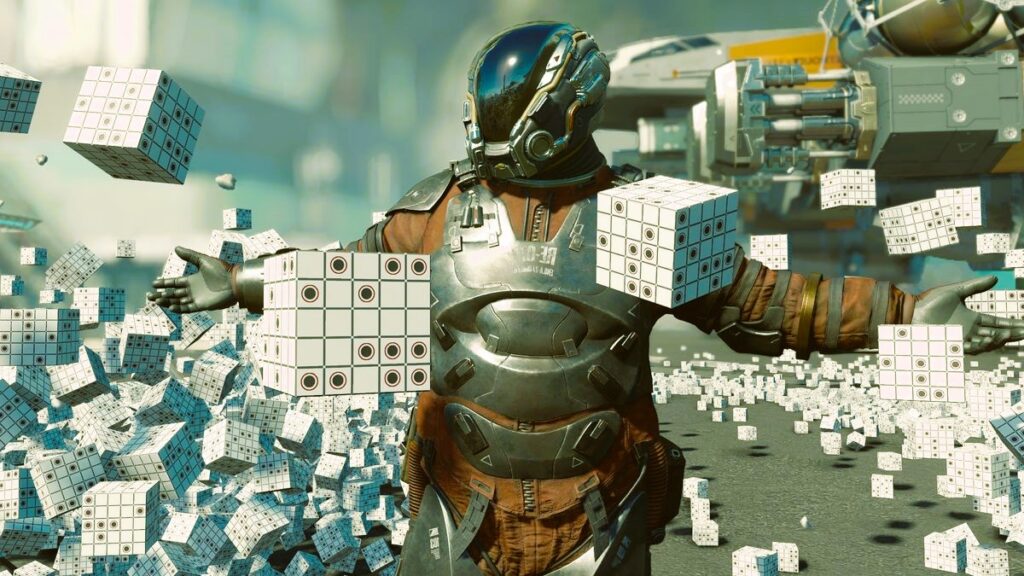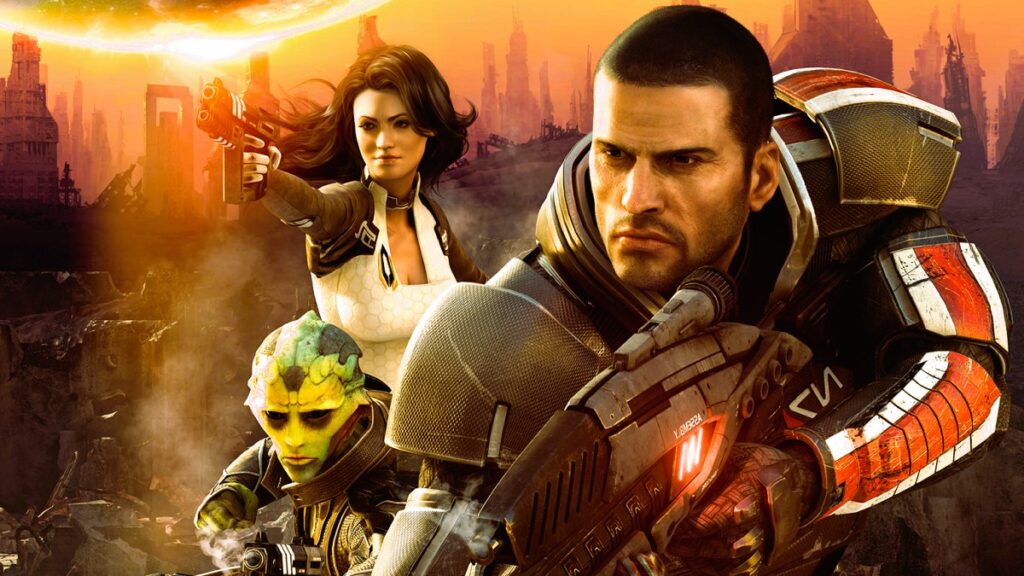Exploring the History of Space Gaming: From Pong to Mass Effect
Space gaming has captivated audiences for decades, offering players the opportunity to explore the cosmos, engage in epic battles, and experience the wonders of the universe from the comfort of their own homes. From humble beginnings with games like Pong to modern masterpieces like Mass Effect, the history of space gaming is a rich tapestry of innovation, creativity, and technological advancement.
The Early Years: Pioneering Space Gaming
The history of space gaming can be traced back to the early days of the video game industry, when developers began exploring the potential of digital entertainment. One of the earliest examples of space-themed gaming is Spacewar!, a game developed in 1962 by Steve Russell and his colleagues at the Massachusetts Institute of Technology. Featuring two spaceships locked in a gravity well, Spacewar! laid the foundation for future space gaming experiences.
Throughout the 1970s and 1980s, space gaming continued to evolve, with titles like Asteroids, Galaxian, and Space Invaders captivating players with their simple yet addictive gameplay. These early arcade classics introduced players to the thrill of space combat and exploration, setting the stage for the space gaming revolution to come.
The Golden Age: Rise of the Space Sim

The 1990s saw the emergence of the space simulation genre, with games like Wing Commander, Elite, and X-Wing capturing the imaginations of players around the world. These games offered players unprecedented freedom to explore the cosmos, engage in space combat, and shape their own destinies as intrepid pilots and adventurers.
One of the most influential titles of this era was Homeworld, released in 1999 by Relic Entertainment. Featuring groundbreaking 3D graphics and innovative gameplay mechanics, Homeworld pushed the boundaries of what was possible in space gaming, immersing players in a richly detailed universe and epic storyline. From Star Trek to Mass Effect, read our exploration of the intersection of science fiction and gaming.
The Modern Era: Space Gaming in the 21st Century
The 21st century has seen an explosion of creativity and innovation in the space gaming genre, with developers pushing the boundaries of storytelling, graphics, and gameplay to new heights. Games like Mass Effect, released in 2007 by BioWare, have redefined the space gaming experience, blending cinematic storytelling with deep role-playing mechanics and breathtaking visuals.
Mass Effect, in particular, has been praised for its richly realized universe, compelling characters, and branching narrative paths, allowing players to embark on epic adventures across the galaxy and shape the fate of entire civilizations. The success of Mass Effect has inspired a new generation of space gaming enthusiasts, eager to explore the cosmos and discover new worlds.
The Future of Space Gaming

As technology continues to advance and player expectations evolve, the future of space gaming looks brighter than ever. Virtual reality, augmented reality, and other emerging technologies promise to revolutionize the way we experience space gaming, offering players even more immersive and interactive experiences.
From indie darlings like Outer Wilds to blockbuster releases like Starfield, the possibilities for space gaming are endless. Whether you’re exploring the far reaches of the universe, engaging in epic space battles, or forging alliances with alien species, space gaming offers a limitless canvas for creativity and adventure.
From its humble beginnings with games like Pong to its current status as a multi-billion-dollar industry, the history of space gaming is a testament to the enduring appeal of exploring the cosmos. As we look to the future, one thing is clear: the sky is not the limit for space gaming – it’s just the beginning.